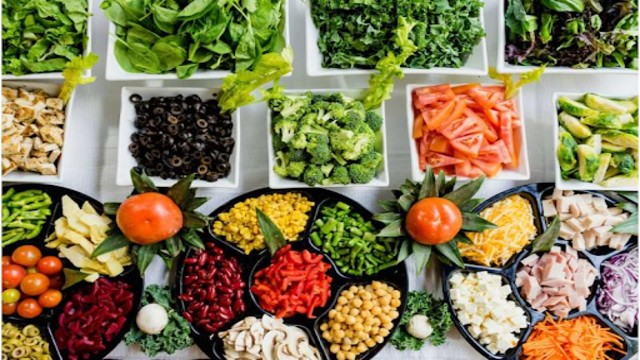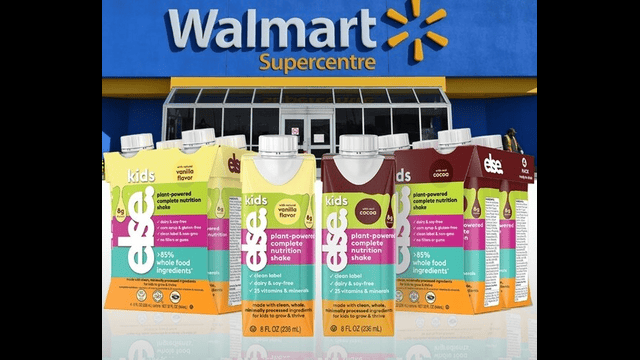
Photo credit: Unsplash
As trade tensions between Canada and the United States grow, Canadian governments are urging citizens to buy local. Supporting local food helps strengthen the country’s economy, environment, and food independence. However, despite rising interest in buying Canadian-made products, identifying truly local food in grocery stores remains difficult.
Years of free trade agreements have tightly linked Canada’s food supply chains with the U.S., making it hard to tell where products actually come from. Even items labeled as “Canadian” often contain ingredients from various countries. For example, Canada’s beef industry is mostly controlled by two foreign corporations — U.S.-based Cargill and Brazil’s JBS. Together, they process over 95% of Canada’s beef. So, while consumers may think they are buying local, much of the profit goes abroad.
A study conducted with Ontario’s Sustain network, which promotes healthy and sustainable farming, revealed that Canada’s local food system struggles with major obstacles. Farmers and food entrepreneurs face supply issues, lack of infrastructure, and limited retail access.
Challenges Facing Local Farmers
For local food systems to succeed, farmers need support. However, small and medium-sized farms face many difficulties. Current government policies favor large-scale production, leaving smaller farms with fewer resources. This makes it harder for them to compete and survive.
Adding to the problem is Canada’s farm succession crisis. Around 40% of Canadian farmers are expected to retire by 2033. Yet, many young farmers cannot afford to buy land or equipment, preventing them from entering the industry. As a result, valuable farmland is often sold for non-agricultural purposes.
To help new farmers, the study suggests introducing low-interest loan programs. These loans could help with down payments, construction, and equipment costs. The report also calls for stronger policies to protect farmland from urban expansion and better access to public land for sustainable farming.
Bottlenecks in Processing and Distribution
Another major challenge is the lack of food processing and distribution facilities. Small and medium-sized farmers struggle to get their products to market. They need better access to retail stores and facilities to turn raw produce into packaged goods like flour, sauces, or pickles.
The meat-processing sector in Ontario highlights this issue. A shortage of local slaughterhouses causes long wait times for farmers. This slows down production and limits how much meat reaches consumers.
The study recommends investing in regional food hubs to solve this problem. These shared facilities would allow farmers to store, process, and distribute their products more efficiently. The hubs would also connect farmers with larger markets, making it easier for local food to reach consumers, businesses, and schools.
A Clear Strategy Is Needed
Ontario farmers, retailers, and manufacturers are eager to expand local food production. However, they need better support from policymakers. Governments must create clear strategies to remove barriers, boost investments, and protect farmland.
The study concludes that Canada must prioritize infrastructure improvements, access to retail opportunities, and financial support for farmers. With local food demand rising, this is the right moment for action. Strengthening local food systems will benefit both farmers and consumers, making the country’s food supply more sustainable and resilient.















